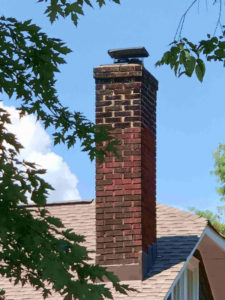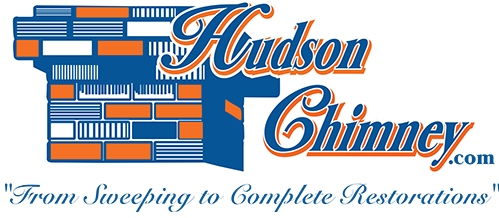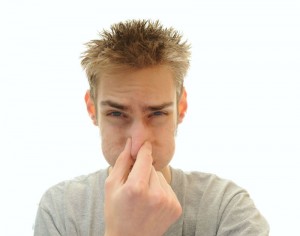All About Chimney Odors
There is a host of issues that a homeowner may have with their chimney throughout winter. When the fireplace is in use every day, hazards may arise anytime. However, during the off-season, chimney problems may not present immediate danger and are subtle, but they can still be quite a bother.
Perhaps you’re a homeowner in the Jacksonville, Florida area and the summer heat and humidity are affecting your chimney. You may not even realize it until you notice disgusting smells coming from your fireplace. There are lots of different kinds of odors, and each odor could mean something is wrong with your chimney. Let Hudson Chimney troubleshoot and figure out the problem with your chimney odor today!
Chimney Odors and Chimney Problems
 The first thing you might notice during the off-season won’t identify itself as a chimney problem unless you know what to look for. You may be sitting in your living room, relaxing with coffee and a friend, and then you suddenly smell the overwhelming odor of barbecue. It is strong, and now you can’t focus on anything else. This is a common complaint we get from customers as they realize that the odor is coming from their fireplace. The fireplace worked fine all year. They didn’t have any problems with it. What’s the problem? The problem, according to the professionals, depends on the odor.
The first thing you might notice during the off-season won’t identify itself as a chimney problem unless you know what to look for. You may be sitting in your living room, relaxing with coffee and a friend, and then you suddenly smell the overwhelming odor of barbecue. It is strong, and now you can’t focus on anything else. This is a common complaint we get from customers as they realize that the odor is coming from their fireplace. The fireplace worked fine all year. They didn’t have any problems with it. What’s the problem? The problem, according to the professionals, depends on the odor.
Barbecue Grill/Smoker Odor
If your fireplace smells like a dirty barbecue grill inside your living room, it is time to call the professionals. This odor is a direct result of a dirty chimney system. The soot and creosote that collects in and coats the system all winter long are beginning to stink due to the air pressure outside forcing the odors indoors. The smell also worsens when humidity rises, water vapors mingling with the soot and creosote. This combination is especially corrosive to the liner if it isn’t cleaned out of the system or the chimney is closed from the outside.
Mold/Mildew Odor
You might be smelling odors that indicate mold or mildew. If you have checked all the cabinets under the sink, looked over ceilings and walls for leaks, and caught up on laundry baskets, it’s time to look at the chimney. Water in the chimney system, especially water that has been present long enough for bacteria growth, will begin to emit these odors. This is a sign of a leak that is serious and should be fixed right away before more damage occurs.
Foul/Decomposition Odor
This type of odor is easy to identify, but homeowners never want to believe it. When you smell the foul odor of decomposition, you might assume you have a dead mouse under a bed or inside a wall. The chimney can emit this odor too. However, when animals come into the system and die when organic material begins to decompose such as limbs, wood, leaves, etc. and the odor is the same. When you smell this foul odor from the fireplace, it needs to be cleaned out immediately.
Solution
Schedule services with Hudson chimney so that your chimney smells fresh and is ready for burning season in the fall. We can clean the system from top to bottom, check for chimney leaks, and even waterproof the masonry to prevent future leaks.
Don’t settle for a stinky house or a dirty chimney. Call Hudson Chimney today at 904-282-4159 and we’ll make sure your chimney is clean and fresh in no time!

